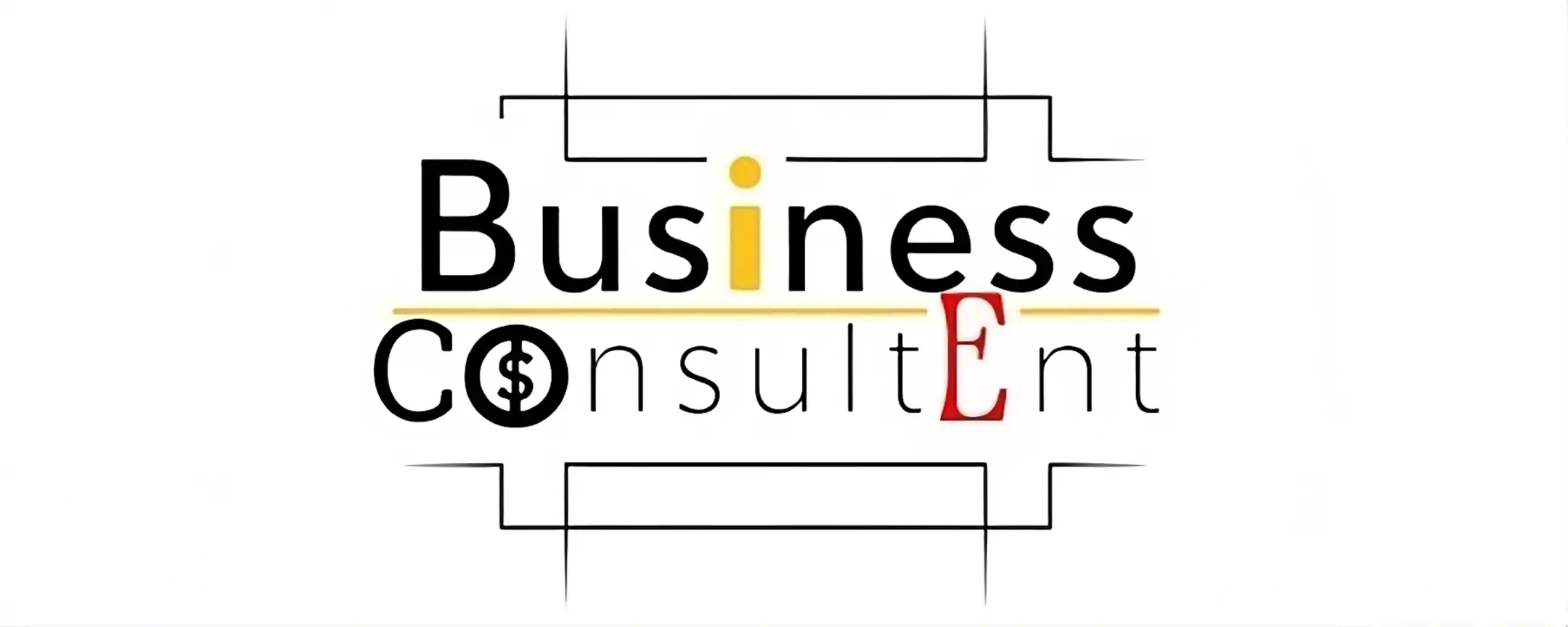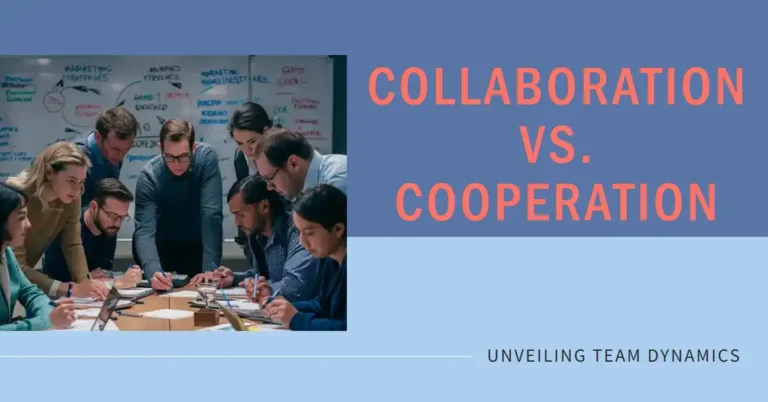In the world of teamwork and project management, two terms often come up: collaboration and cooperation. While they may seem similar, they have distinct meanings. Knowing the difference can boost your team’s productivity and success.

What Is Collaboration?
Collaboration means working together to create something new. Everyone brings unique skills and ideas to the table. The goal is to achieve a common objective through joint effort.
Key Features Of Collaboration
- Shared Goals: Everyone aims for the same outcome.
- Equal Contribution: Each team member’s input is valued.
- Innovation: New ideas are encouraged and developed.
- Interdependence: Team members rely on each other.
What Is Cooperation?
Cooperation means working together to reach individual goals. People help each other but focus on their own tasks. The aim is to assist others while achieving personal objectives.
Key Features Of Cooperation
- Individual Goals: Each person has their own objectives.
- Assistance: Helping others when needed.
- Coordination: Ensuring tasks fit well together.
- Independence: People work mostly on their own tasks.
Collaboration Vs. Cooperation: The Differences
Now, let’s look at the key differences between collaboration and cooperation. Understanding these differences can help you choose the right approach for your team.
| Aspect | Collaboration | Cooperation |
|---|---|---|
| Goals | Shared | Individual |
| Contribution | Equal | Varied |
| Innovation | High | Moderate |
| Interdependence | High | Low |
When To Use Collaboration
Collaboration is ideal for projects needing creativity and innovation. If your team needs to solve complex problems, choose collaboration. It works well when team members have diverse skills and knowledge.
Examples Of Collaboration
- Developing a new product.
- Creating a marketing campaign.
- Designing a software application.
When To Use Cooperation
Cooperation is best for tasks requiring coordination but not joint effort. If your project needs people to complete individual tasks, choose cooperation. It works well when team members have similar skills.
Examples Of Cooperation
- Organizing an event.
- Managing a customer service team.
- Running a sales campaign.
Benefits of Collaboration
Collaboration offers several benefits. It boosts creativity and innovation. It also strengthens team bonds and improves communication.
Boosting Creativity
When people work together, they share ideas. This leads to new and creative solutions.
Strengthening Team Bonds
Collaboration brings people closer. Working together helps build trust and understanding.
Improving Communication
Teams that collaborate communicate better. They learn to listen and share ideas effectively.
Benefits of Cooperation
Cooperation has its own set of benefits. It enhances efficiency and allows for specialization. It also reduces conflict and promotes harmony.
Enhancing Efficiency
Cooperation helps people complete tasks faster. When everyone knows their role, things run smoothly.
Allowing Specialization
People can focus on what they do best. This leads to higher quality work.
Reducing Conflict
Cooperation minimizes misunderstandings. Clear roles and responsibilities prevent clashes.
Challenges of Collaboration
While collaboration has many benefits, it also has challenges. It can be time-consuming and requires strong leadership.
Time-consuming
Collaboration takes time. Team members need to discuss and agree on ideas.
Requires Strong Leadership
Effective collaboration needs a good leader. Someone must guide the team and resolve conflicts.
Challenges of Cooperation
Cooperation also has its challenges. It may limit creativity and lead to isolation.
Limiting Creativity
Cooperation focuses on individual tasks. This can limit the flow of new ideas.
Leading To Isolation
People might feel isolated. They work on their own tasks and may miss out on team bonding.
Combining Collaboration and Cooperation
Sometimes, combining both approaches works best. Use collaboration for creative tasks and cooperation for routine ones.
Balancing The Two
Find a balance between collaboration and cooperation. This can lead to a more productive and harmonious team.
Creating A Flexible Team
Encourage your team to adapt. Flexibility helps in choosing the right approach for different tasks.

Frequently Asked Questions
What Is Collaboration?
Collaboration is when people work together on a common goal, sharing ideas, resources, and responsibilities.
What Is Cooperation?
Cooperation involves individuals working together, but often independently, towards a shared objective or outcome.
How Do Collaboration And Cooperation Differ?
Collaboration involves deeper integration and teamwork. Cooperation typically means working alongside others but with less interaction.
Why Is Collaboration Important?
Collaboration fosters innovation, creativity, and better problem-solving by leveraging diverse perspectives and skills.
Why Is Cooperation Beneficial?
Cooperation helps achieve goals efficiently by dividing tasks and responsibilities among team members.
Can Collaboration Improve Productivity?
Yes, collaboration can enhance productivity by pooling resources, skills, and ideas to achieve better outcomes.
Can Cooperation Enhance Team Dynamics?
Absolutely, cooperation encourages mutual support and understanding, leading to a more cohesive and effective team.
Which Is Better: Collaboration Or Cooperation?
Neither is inherently better; the choice depends on the specific goals, tasks, and team dynamics involved.
Conclusion
Understanding collaboration and cooperation is key to effective teamwork. Each has its own benefits and challenges. By knowing when to use each, you can boost your team’s productivity and success.
Final Thoughts
Choose collaboration for creative projects. Opt for cooperation for routine tasks. Find a balance to create a flexible and successful team.
Related Content
Strategic Vs. Tactical Planning: Unleashing Business Success
Negotiation Techniques at the Bargaining Table: Master Tactics
Corporate Social Responsibility: Ethical Success Keys
Catching My Competitors: Outsmart & Outrank Them Now!
How Startup Funding Works: Unlocking Capital Success
Developing Leadership Skills: Unleash Your Inner Leader!
Types of Leaders: Unveil the 5 Most Influential Styles




